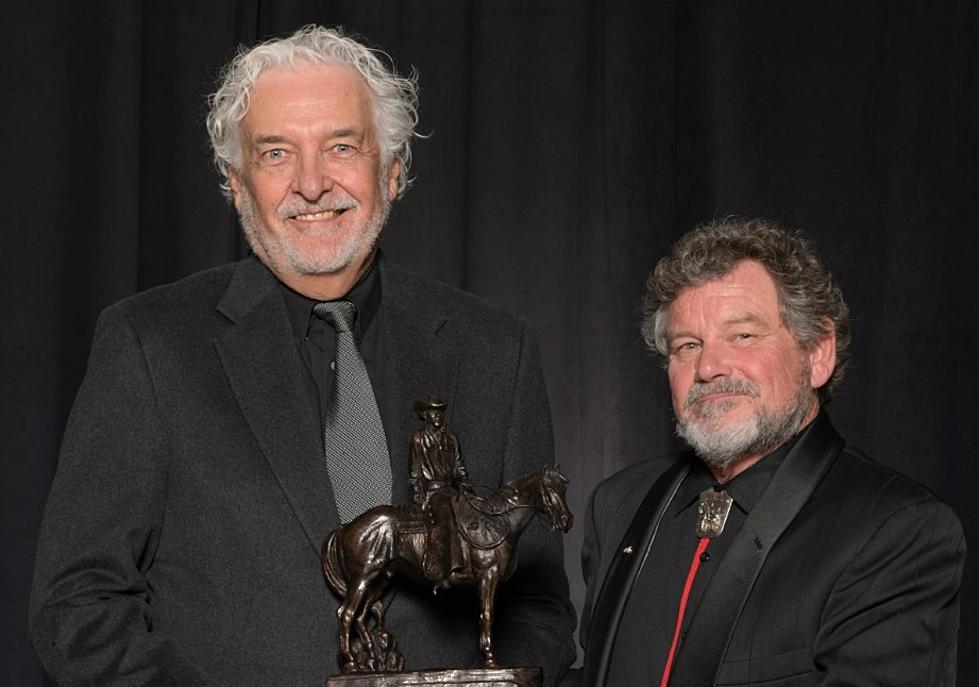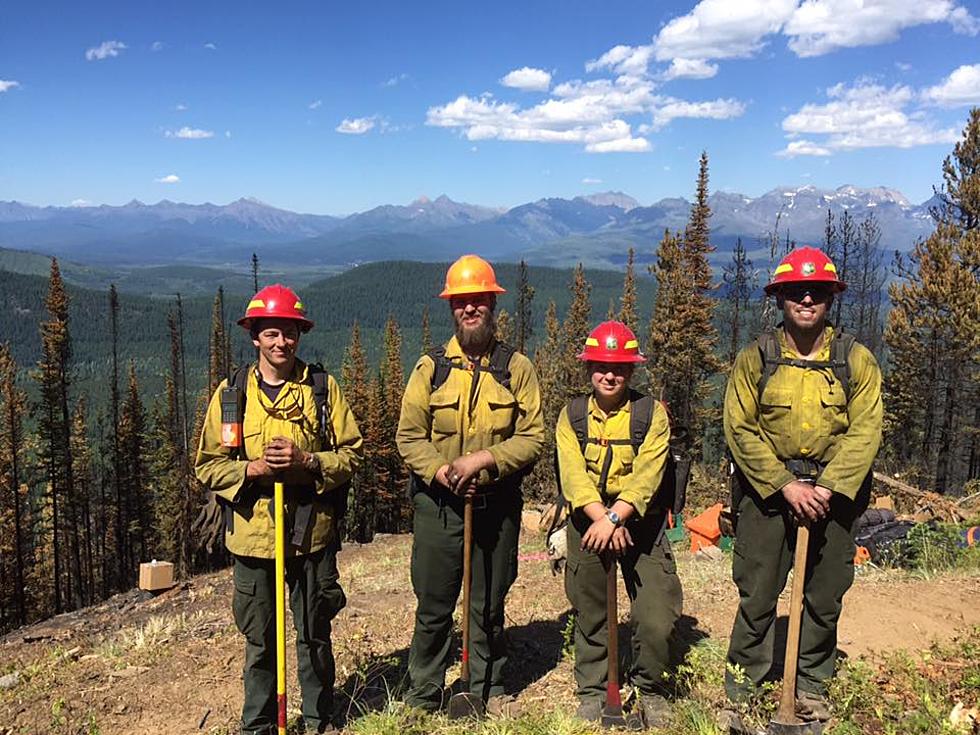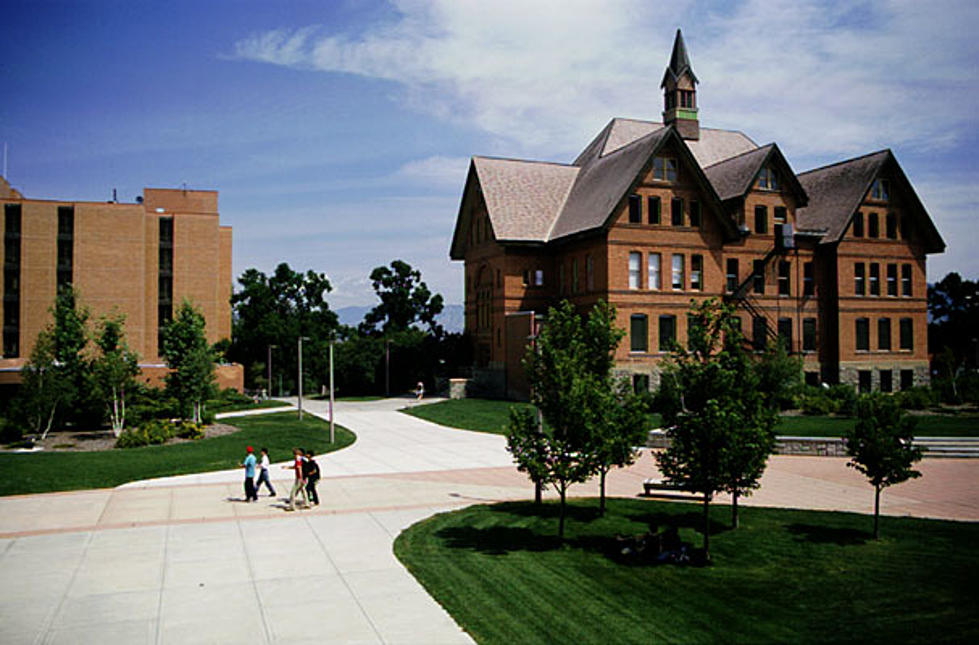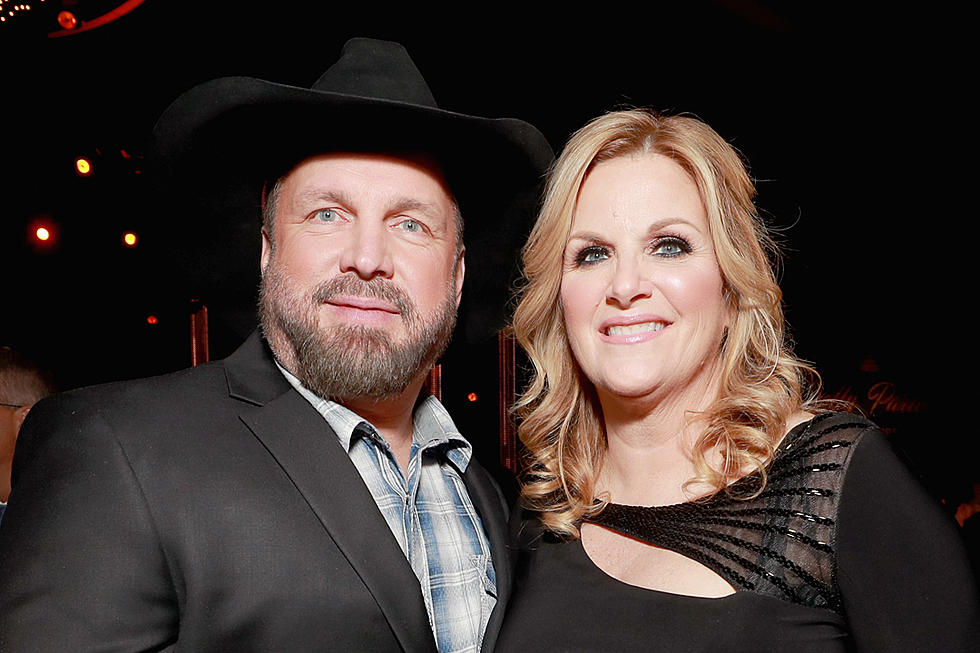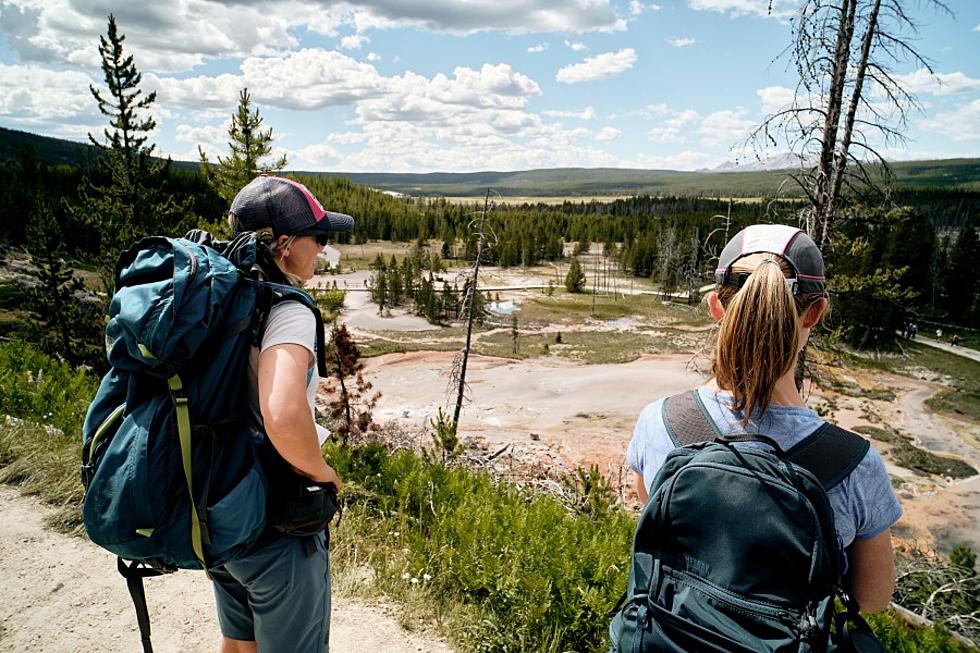
MSU Receives $3 million NSF Research Grant to Study Extreme Microbes
BOZEMAN — With a $3 million grant from the National Science Foundation, Montana State University will advance cutting-edge research while helping to pioneer a new model of graduate education designed to prepare scientists and engineers for a wide range of impactful careers.
The five-year funding through the NSF Research Traineeship program, known as NRT, will support 21 doctoral students as they study microbes known as extremophiles, which inhabit extreme environments and have important implications for industry. The training grant, which kicks off next fall with seven students, will support two new courses as well as seminars and workshops designed to grow students' skills in communication, leadership and entrepreneurship.
“We're really excited to bring this to MSU,” said project co-leader Dana Skorupa, assistant research professor in MSU’s Center for Biofilm Engineering, which is partnering with MSU's Thermal Biology Institute to offer the program. “It's going to prepare our Ph.D. students to tackle complex, multifaceted research problems and help them develop key skills needed in their future careers.”
Participating students are fully funded for two years of their doctoral studies, giving them flexibility to collaborate on complex research projects that involve chemical and biological engineering, microbiology and other fields. "The goal is convergent research that cuts across multiple disciplines to tackle big problems," Skorupa said.
According to project leader Brent Peyton, director of the Thermal Biology Institute, the study of extremophiles is a good fit with NRT not only because it's inherently interdisciplinary but also because it has a broad range of potential applications. MSU is also exceptionally well positioned to study extremophiles, he said, because of its proximity to Yellowstone National Park, where a variety of microbes thrive in thermal features like acidic hot pools.
“A lot of industrial systems have similar conditions,” in which the specialized microbes often form biofilms and cause problems like clogged valves amid high heat, pressure, salinity or extremes in pH, said Peyton, professor in the Department of Chemical and Biological Engineering in MSU’s Norm Asbjornson College of Engineering. The microbes can also be harnessed for beneficial uses, such as sealing hard-to-reach leaks in oil and gas wells or recycling plastic. “There’s still a lot more to know about extremophiles and their potential applications,” Peyton said.
By offering students not just unique research opportunities but also professional trainings, the program will help graduates leverage their scientific expertise into jobs in industry, national labs and other settings outside academic research, according to Skorupa. “We know about half of doctoral graduates here at MSU, as well as nationwide, pursue careers outside academia,” she said. “That’s why we’re broadening the scope of graduate education so that it focuses not just on technical but also transferable professional skills.”
“This is exactly what today’s graduate students are looking for, not just a degree but gaining skills for applying their knowledge and making a difference in the world,” said Craig Ogilvie, dean of MSU’s Graduate School. “This is going to help MSU recruit top talent.”
As part of the grant, the MSU team will share their experience in the program with other departments, so that additional graduate programs at MSU could adopt similar approaches, Skorupa added.
According to Jason Carter, MSU’s vice president for research, economic development and graduate education, the award is a significant step in achieving a goal identified in MSU’s strategic plan, “Choosing Promise,” which is to secure at least one new interdisciplinary training or center grant for each of the plan’s four grand challenges by 2024. "These NRT grants are the crown jewel for investment in research-based graduate education," he said.
Professor Matthew Fields, director of MSU’s Center for Biofilm Engineering, is also co-leading the project. Also included on the grant are professor Brian Bothner and assistant professor Roland Hatzenpichler in the Department of Chemistry and Biochemistry in MSU's College of Letters and Science; assistant research professor Heidi Smith in the Department of Microbiology and Cell Biology in MSU's College of Agriculture; and professors Ross Carlson, Christine Foreman and Robin Gerlach in the Department of Chemical and Biological Engineering.
The NRT program is one of several ways that MSU is using its longstanding expertise in extremophiles to provide unique educational opportunities, Peyton said. MSU recently received a $397,000 NSF grant to offer a 10-week Research Experience for Undergraduates summer program in which students from around the country come to Bozeman to study microbes in extreme environments. Peyton and Skorupa also take students into the Yellowstone backcountry each fall for an Honors College course called Extreme Microbiology in Yellowstone.
- by Marshall Swearingen, MSU News Service -
More From K96 FM

